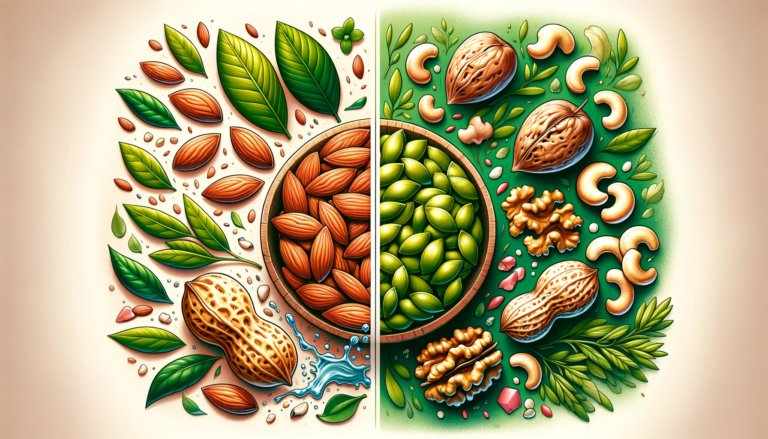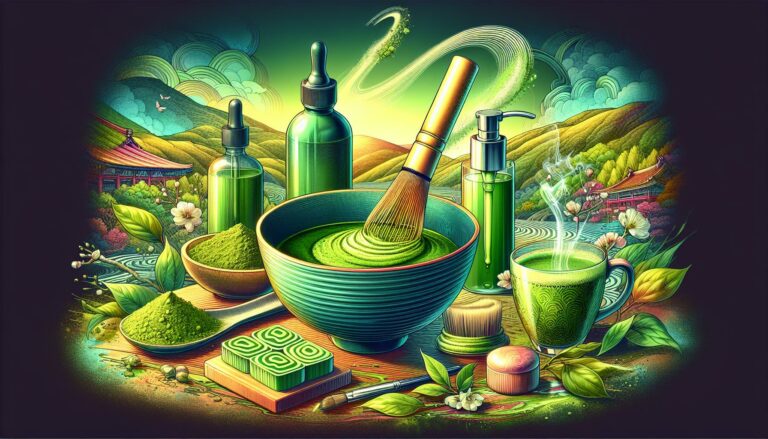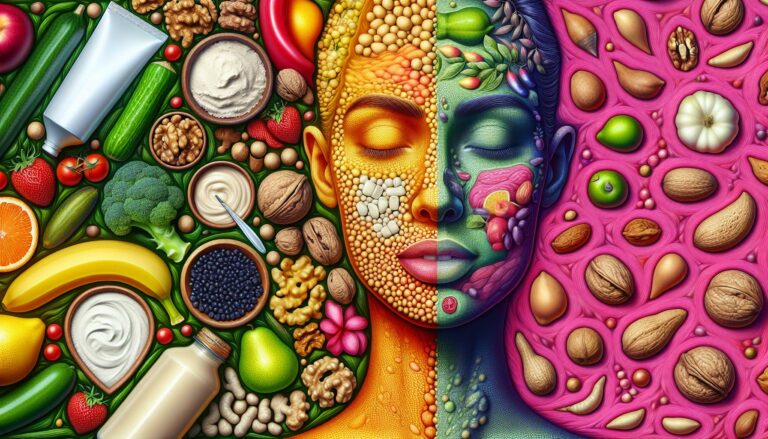Does Cheese Cause Acne?
Ever wondered if that delicious slice of cheese on your pizza could be the culprit behind those frustrating breakouts?
You’re not alone. The connection between diet and acne is a topic that’s garnered much attention, leaving many to ponder if cheese could indeed be a trigger.
Diving into the world of dairy and its effects on the skin, it’s crucial to separate fact from fiction. Acne, a complex skin condition, can be influenced by a myriad of factors, and understanding where cheese fits into this puzzle is essential.
Let’s dive in.

The Link Between Diet and Acne
Understanding the connection between what you eat and your skin’s health is crucial. Recent studies have started to unveil how diet impacts acne. For years, the scientific community debated this relationship, but evidence now points to certain foods potentially influencing breakouts.
Dairy products, particularly cheese, have come under scrutiny. They contain hormones and bioactive molecules that may stimulate oil production in the skin, leading to acne. Additionally, dairy can impact insulin levels and inflammation, both of which are known to exacerbate acne.
However, it’s important to remember that everyone’s body reacts differently. While some people might experience breakouts after consuming cheese, others may not see any change in their skin condition. Keeping track of your diet and any changes in your skin can help identify specific triggers.
Acne Causes and Triggers
When you’re grappling with acne, it’s essential to dive into the causes and triggers that might be lurking in your daily habits or diet. Acne primarily stems from clogged pores, which can occur due to an overproduction of oil, the build-up of dead skin cells, or the proliferation of acne-causing bacteria. Hormonal fluctuations play a significant role as well, often leading to increased oil production.
Diet, while not a direct cause of acne, can influence its severity. Foods that spike your insulin levels, such as sugary snacks and certain dairy products, can exacerbate acne symptoms. Inflammation is another critical piece of the puzzle, with certain foods potentially triggering inflammatory responses in your body, thus worsening acne.
It’s important to note that triggers can vary greatly from person to person. What affects one individual’s skin may have no impact on another’s, which makes the process of identifying specific acne triggers uniquely personal. Keeping a detailed food and symptom diary can be an invaluable tool in this journey, helping you pinpoint what might be exacerbating your skin condition.
Myths About Cheese and Acne
When exploring the relationship between cheese and acne, several myths cloud the truth. First, it’s widely believed that all dairy products, including cheese, are direct culprits of acne. However, not all cheeses affect your skin the same way. For example, fermented cheeses, such as Swiss and cheddar, may have less of an impact on your acne compared to processed cheese.
Second myth is that consuming cheese instantly results in breakouts. In reality, the effect of cheese on your skin can depend on your body’s individual intolerance or sensitivity to dairy. Also, hormonal fluctuations and stress levels play a significant role in triggering acne, which means cheese isn’t the sole offender.
To navigate through these myths, focus on understanding your body’s reaction to different types of cheese and consider moderating your intake if you suspect it exacerbates your acne. Keeping a food diary can be incredibly helpful in pinning down specific triggers.
The Impact of Dairy on Skin Health
When you dive into the world of dairy and its effects on the skin, it’s essential to understand that not all dairy products affect your skin equally. Studies have shown a correlation between dairy consumption and increased acne severity, but the relationship is complex.
Dairy products, especially skim milk, have been linked to an increase in acne breakouts. This is believed to be due to the presence of hormones in milk, which can disrupt your body’s natural hormonal balance, exacerbating acne conditions. Moreover, dairy can also stimulate the production of sebum, the oil that clogs pores and leads to acne.
However, it’s critical to note that everyone’s skin reacts differently to dairy. While some might experience severe breakouts, others may not see any impact at all. Keeping a detailed food and symptom diary can be a game-changer in identifying whether dairy, or more specifically cheese, plays a role in your acne flare-ups.
Remember, moderation is key. If you notice dairy triggers your acne, reducing consumption could help improve your skin health. But cutting it out entirely without professional guidance could lead to missing out on essential nutrients. Always consider balancing your diet with nutrient-rich alternatives if you decide to limit dairy intake.
Cheese and Acne
When delving into whether cheese can be a culprit behind your acne flare-ups, it’s crucial to understand the scientific findings that shed light on this issue. Researchers have linked dairy products, not just milk but cheese too, with an increase in acne severity. Skim milk has been the most commonly implicated dairy product in these studies, but cheese, due to its concentration of milk proteins and hormones, could also be influencing your skin’s condition.
One key aspect to consider is that cheese, like other dairy products, contains hormones that can interfere with your body’s natural hormonal balance. This disruption can lead to increased sebum production, which clogs pores and results in acne. However, the impact of cheese on acne isn’t black and white. Your skin’s reaction to cheese can vary based on quantity consumed, type of cheese, and your individual hormonal sensitivities.
Documenting your dietary intake and acne symptoms over time may help pinpoint if cheese is a trigger for you. While direct evidence linking cheese to acne is still evolving, paying attention to how your body responds after consuming cheese could provide personal insights into managing your skin health.
Conclusion
Navigating the complex relationship between cheese and acne requires a personalized approach. While studies link dairy consumption to increased acne severity, it’s clear that the impact varies from person to person.
If you suspect cheese might be triggering your acne flare-ups, paying close attention to your body’s reactions is key. By meticulously tracking your dietary intake alongside your acne symptoms, you’ll be better positioned to understand how cheese affects your skin.
Remember, what works for one might not work for another. Embracing this journey with patience and an open mind can lead you to clearer, healthier skin.






